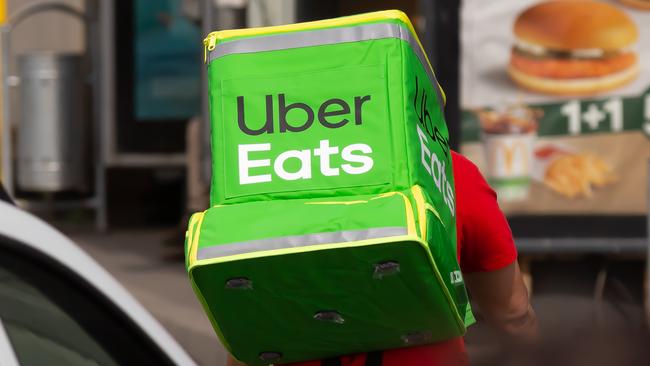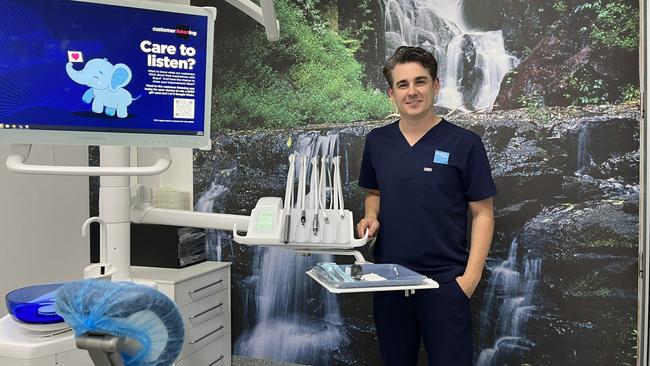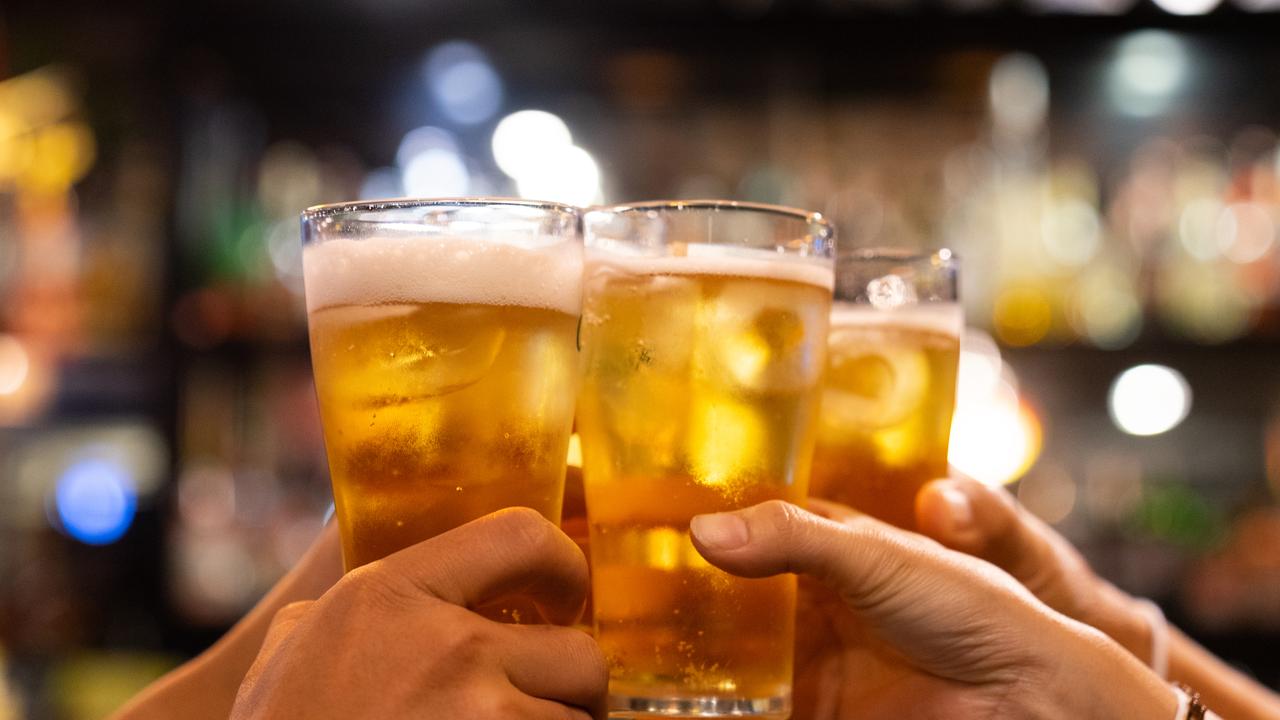Surge in online food delivery is harming Australians’ health
Australians spend an average of $60 on food delivery services per week, but it may not exactly be realistic for your health or wallet.

NSW
Don't miss out on the headlines from NSW. Followed categories will be added to My News.
All of us deserve to treat ourselves to a lazy night in, but how much is that cheeky takeaway costing us in the long run?
Canstar Blue’s latest survey of more than 1200 consumers has crunched the numbers and found Australians spend an average of $60 on food delivery services per week, almost doubling last year’s $32 per week.
NSW residents are spending the most in the nation on food delivery services such as Uber Eats and Menulog, shelling out $72 per week on orders – $20 per week more than those in Queensland and Western Australia.
The data suggests we may be consuming less fresh home-cooked food than other Australians, most likely due to the Covid-19 pandemic and recent lockdowns.

And with medical centres once closed, it has affected our general health and dental hygiene.
However Dr Richard Wark, principal dentist at Bupa Dental Broadway, says people are getting back on track with their regular appointments and prioritising their oral health.
“Our patients frequently share the peace of mind they receive from regular visits, and their genuine desire to maintain a healthy mouth,” he says.
As the winter chill settles in, there are ways we can improve our overall health while hunkering down indoors.
PROBLEMS AND SOLUTIONS
Before turning on the TV and reaching for some comfort snacks, you might want to read this.
Oral health issues are still evident, from cracked teeth and jaw pain to sensitivity and tooth decay, says Dr Wark.
“Many patients have reported changes in their diet ... increased snacking and consumption of comfort foods, which can be attributed to higher levels of stress and anxiety,” he says.
“Unfortunately, there has also been a surge in people vaping, which can adversely impact not only their oral health but also their general health.”
Frequent intake of added sugars not only contributes to tooth decay but is also linked to various health problems, including obesity, diabetes and cardiovascular diseases.
“Consuming foods and drinks high in sugar increases the exposure of your teeth to acids produced by bacteria in your mouth, leading to tooth decay,” Dr Wark says. “Chewy or hard candies are particularly harmful as they tend to stay in the mouth longer and stick to the crevices of your teeth.

“Excessive consumption of fruit juices can also be problematic for your oral health, due to the acidic nature of some fruits, particularly citrus fruits.”
He advises making small but impactful changes to improve your oral health, like drinking more water and replacing soft drinks or energy drinks.
“Water helps prevent dry mouth, washes away food particles in your mouth, and provides a natural defence against staining,” Dr Wark says. “Tap water often contains fluoride, which strengthens your teeth.
It’s best to eat healthy, balanced meals, which can help avoid the temptation to snack or consume sugarrich fast food.”
The next time you feel embarrassed before heading to your local dentist, Dr Wark wants you to remember this: “A dentist chair is a judgment-free zone where you will always receive helpful advice and necessary treatment where required. It is never too late to get back on track with your oral health.”
SOME DENTAL REMINDERS
• Stay hydrated by drinking plenty of water and try to avoid sugary foods. Opt for tap water as it contains fluoride, which is beneficial for your teeth.
• Maintain a regular brushing routine of at least two minutes, twice a day, using fluoride toothpaste. Ensure that you clean all areas of each tooth, including the inside, outside and biting surfaces.
• Schedule regular appointments with your dentist to stay proactive about your oral health. Regular check-ups are crucial for early detection and treatment of any issues before they escalate.
• Incorporate flossing into your daily oral hygiene routine to effectively remove stubborn food particles between your teeth and along the gumline. Use a controlled, gentle motion to avoid harming your gums.
• Avoid cigarettes or vaping as they contain nicotine and other harmful chemicals, including heavy metals. These substances can contribute to dry mouth, increase the incidence of cavities and gum disease, and cause chronic bad breath.
Source: Dr Richard Wark, principal dentist at Bupa Dental Broadway



